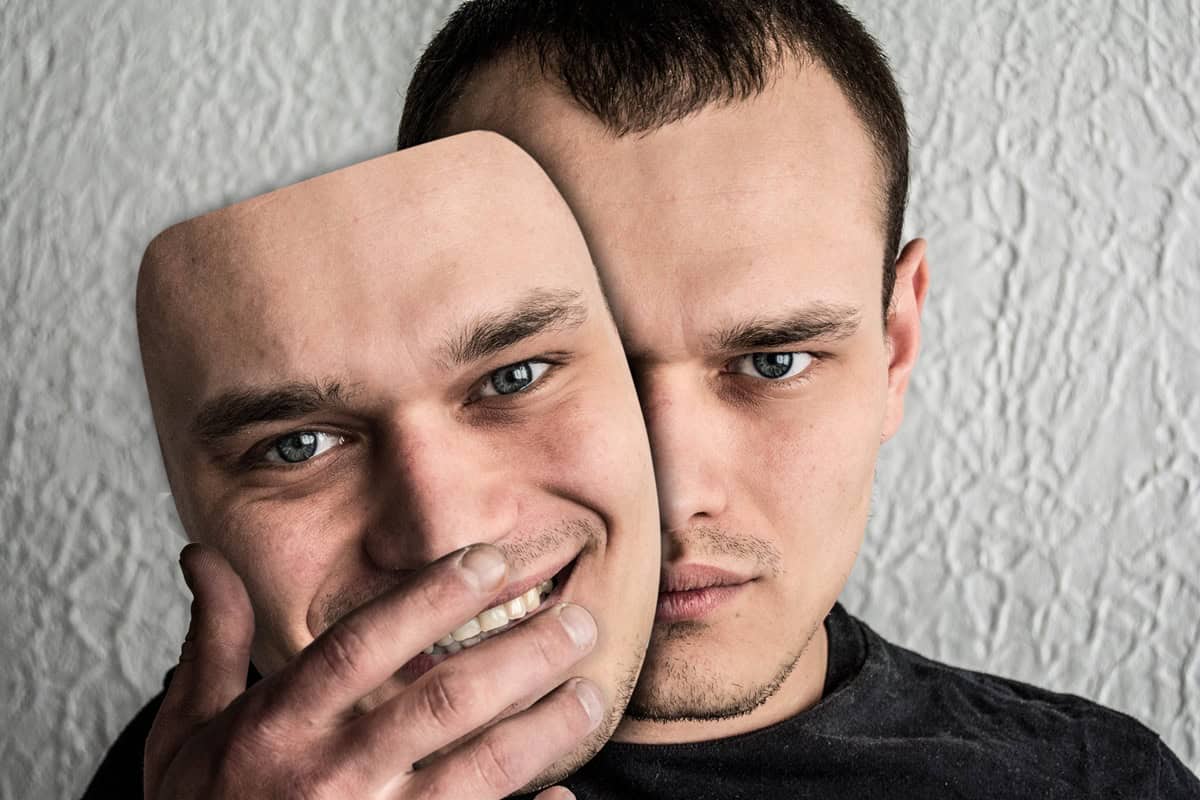Have you ever known someone who was a very nice person, and as soon as they got some sort of power or authority, they became a terrible version of themselves?
For example, your old colleague whom you loved became your boss, and they completely changed. Or your neighbor who suddenly became an important figure in your town, and they suddenly don’t even say ‘Hello!’ to you.
It is hard to understand, but there are many instances where good people become the worst version of themselves, for apparently very insignificant reasons.
There is some psychology behind why good people change, and it is called the Lucifer effect. Why do people suddenly forget morals, their good side, and the love they once had?
The Subtle Corruption of Power
It doesn’t happen all at once; darkness slowly creeps in through coincidence and logic. The line between influence and control starts to blur when good people are given authority, even a little bit.
They start breaking laws “for the greater good,” telling themselves that what they’re doing is vital. This is the point at which the ego takes the place of empathy on a spiritual level.
The desire to keep power is stronger than the heart’s wisdom. The Lucifer Effect says that corruption doesn’t always look like evil; sometimes it looks like responsibility, pride, or the drive to fit in.
The Power of Environment Over Morality
There is no one who exists truly alone. Put someone in a situation where being obedient is rewarded and following their conscience is punished, and even the nicest person will start to change.
History and psychology both show how fear, competition, and hierarchy can change how people feel about themselves.
In a spiritual sense, this depicts how energy changes to stay alive, even if it means losing its 完全性.
When someone is surrounded by negativity, their light dims not because they want it to, but because they are tired.
The lesson is to stay aware and make environments that encourage kindness instead of control. This way, our surroundings can show who we really are instead of changing who we are.
The Gradual Numbing of Conscience
People who suddenly become evil stop feeling before they change. When individuals violate a moral line for the first time, they may feel guilty, but not as much the second time.
Compassion fades away slowly, and rationality takes its place. In a spiritual sense, this is seen as the soul’s sleep, which happens when the voice within you is quieter because of all the clamor of reasoning.
People tell themselves they’re only following orders or doing what needs to be done until they don’t recognize their own reflection anymore.
The Lucifer Effect reminds us that evil frequently starts with silence, which doesn’t let our conscience speak.
The Seduction of Belonging
One of the best and worst things about being human is wanting to belong. People will give up their principles only to fit in or feel safe in a group. Loyalty can turn into moral blindness over time.
This means that the soul’s truth is replaced by a group delusion, which means that these people lose their individuality.
When someone puts more value on getting approval than on doing the right thing, a drastic change starts.
Belonging does not require you to betray yourself; it thrives on being yourself. The more someone gives up their moral center to fit in, the more they move away from the positive things that used to characterize them.
The Return to Awareness
It’s not only about darkness; the Lucifer Effect is also about eventually waking up. Every soul has the ability to fall, but it also has the ability to rise again through awareness and taking responsibility.
We can get our moral compass back by understanding how our environment, ego, and fear affect how we act. Spiritually, redemption starts when we recognize that we are creatures of light who may make mistakes and grow.
To stop the fall, you need to stay in the moment, question authority, and show empathy every day. Love isn’t something that lasts forever without question; it’s something we have to actively choose every day.
Born and raised in Bosnia and Herzegovina. Ever since I was a little girl, my imagination knew no bounds. I remember vividly how I’d scribble down short stories, each page bursting with adventures and characters conjured up from the whimsy of my mind. These stories weren’t just for me; they were my way of connecting with my friends, offering them a slice of my fantasy world during our playtimes. The joy and excitement on their faces as we dived into my fictional realms motivated me to keep writing. This early passion for storytelling naturally evolved into my pursuit of writing, turning a childhood hobby into a fulfilling career.






